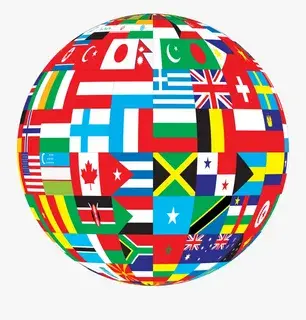A shadow world of secret wealth now threatens us all. We need to shut it down, argues Anne Applebaum
Kleptocracy, in its modern form, began in the 1990s. Multiple accounts of Vladimir Putin’s rise to power have shown, for example, how even as deputy mayor of St Petersburg at that time he presided over schemes to steal money from the state, to launder it abroad and then bring it back into Russia, all with the help of European partners. Although Putin has spent his life as a civil servant, he has used his stolen money, and the stolen money hoarded by his inner circle, as a source of power and influence ever since.
Since the 1990s, the kleptocratic model created in Russia has spread much further. From Angola to Zimbabwe, dictators with access to hidden sources of wealth are better able to resist demands for political change. They can hide their families and their property abroad. They can finance bribery and influence operations. The aura of secrecy they build is also part of what keeps them in power. Ordinary Russians, ordinary Chinese or ordinary Venezuelans are not allowed to know why their rulers, and their rulers’ friends and their families, are billionaires, because they’re not meant to have any influence or understanding or knowledge of politics at all. That lack of knowledge creates a sense of helplessness, apathy, even despair.
The rise of kleptocratic autocracies has affected the democratic world too, shaping it in unseen ways.

